Battery-powered barge to cut site’s diesel consumption by up to 60 percent
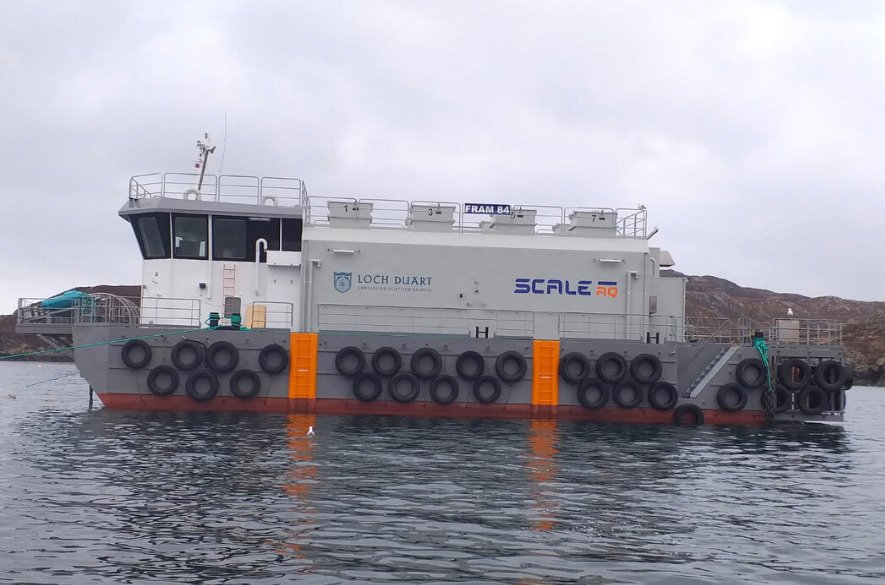
Loch Duart, an independent Scottish salmon farm in the country’s northwest, has introduced a hybrid feed storage barge that will significantly reduce its carbon footprint. The barge, which combines battery and diesel power, is estimated to cut the site’s diesel consumption by up to 60 percent when compared to standard diesel systems. The electric motor is also quieter and requires less maintenance, prolonging the life of the vessel.
“Loch Duart is excited to introduce this system on one of our sea sites, an industry first for Scotland,” said Hazel Wade, Operations Manager of Loch Duart. “Our aim has always been to rear the best quality salmon with the lowest possible impact on the environment. This system represents a significant step forward, reducing our fuel usage and emissions while ensuring quieter operations for the team, our salmon and the local environment.”
The hybrid system was developed by ScaleAQ and uses an Environmental Management System (EMS) to ensure lower levels of diesel consumption and consequently lower emissions of CO2, nitrogen oxides and sulfur oxide. The DNV-GL (Det Norske Veritas) approved, cobalt-free batteries ensure installations are safe and have a long service life.
According to the company, calculations show that the CO2 emissions from the production of the batteries are earned back after approximately 60 days of use of the hybrid system at sea. Additionally, by removing vehicles from the road and delivering the feed fresh and straight from the producer by sea, Loch Duart is using sea freight, which it claims to be “the most CO2-efficient transport method.”
The feed storage barge, which will service Loch Duart farm site Oldany, is now up and running. Loch Duart currently produces 6,000 metric tons of salmon each year from its farms in Sutherland and the Outer Hebrides and employs 140 people.
“The new hybrid feed storage barge also provides enhanced staff welfare facilities for our people working at sea, often in harsh weather conditions, helping them produce salmon with unrivalled taste and asked for by name around the world,” said Wade. “Loch Duart views this development as the beginning of our goal to further reduce the carbon footprint of all our farming operations.”
Follow the Advocate on Twitter @GSA_Advocate
Now that you've reached the end of the article ...
… please consider supporting GSA’s mission to advance responsible seafood practices through education, advocacy and third-party assurances. The Advocate aims to document the evolution of responsible seafood practices and share the expansive knowledge of our vast network of contributors.
By becoming a Global Seafood Alliance member, you’re ensuring that all of the pre-competitive work we do through member benefits, resources and events can continue. Individual membership costs just $50 a year.
Not a GSA member? Join us.
Author
Tagged With
Related Posts
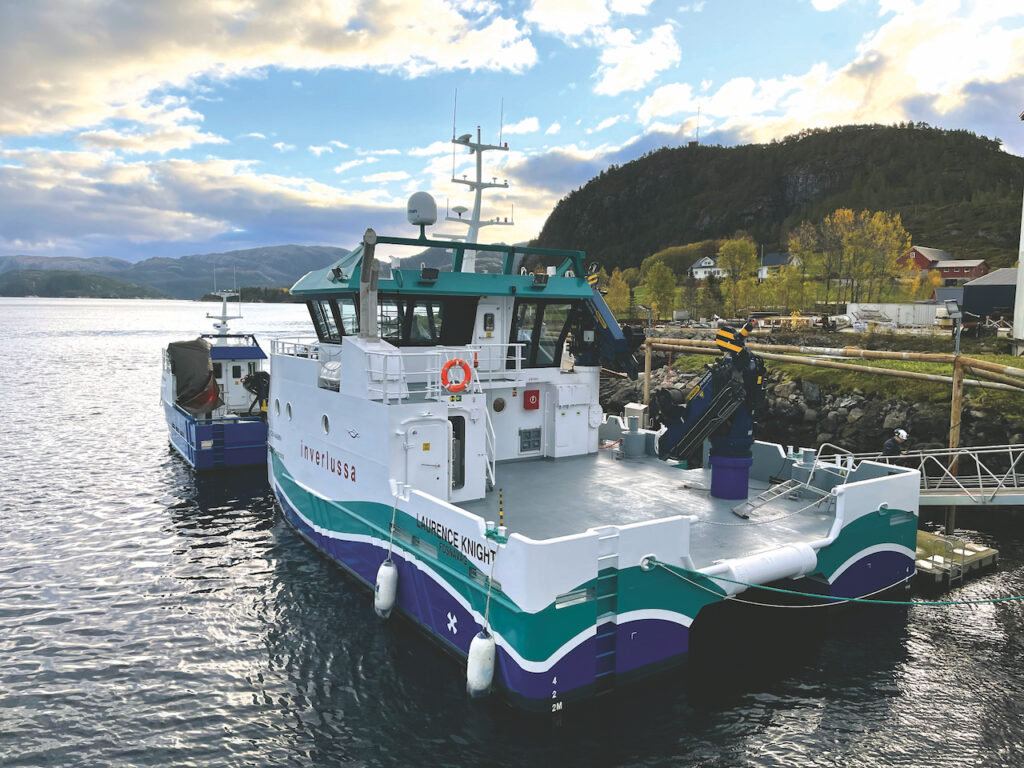
Responsibility
Scottish Sea Farms launches hybrid-power workboat to reduce carbon footprint
Scottish Sea Farms has added a hybrid power workboat to its fleet, which could cut fuel costs by up to 50 percent and reduce its overall carbon footprint.
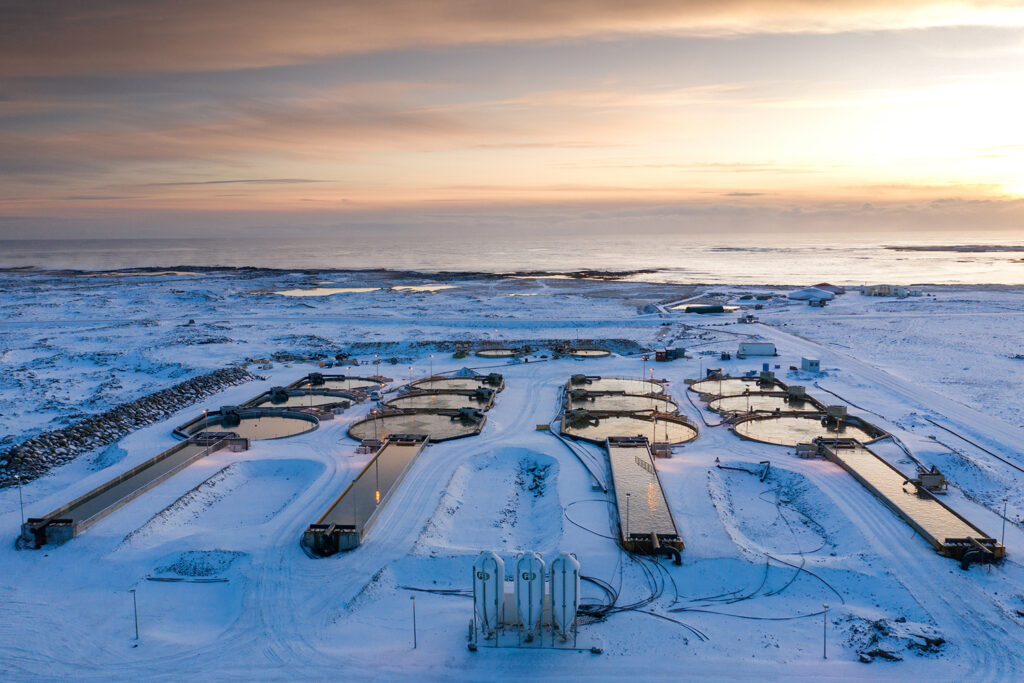
Intelligence
Can aquaculture gain steam from geothermal energy?
China, Iceland and the United States are only just tapping into what could be a growing resource for seafood production: geothermal energy.
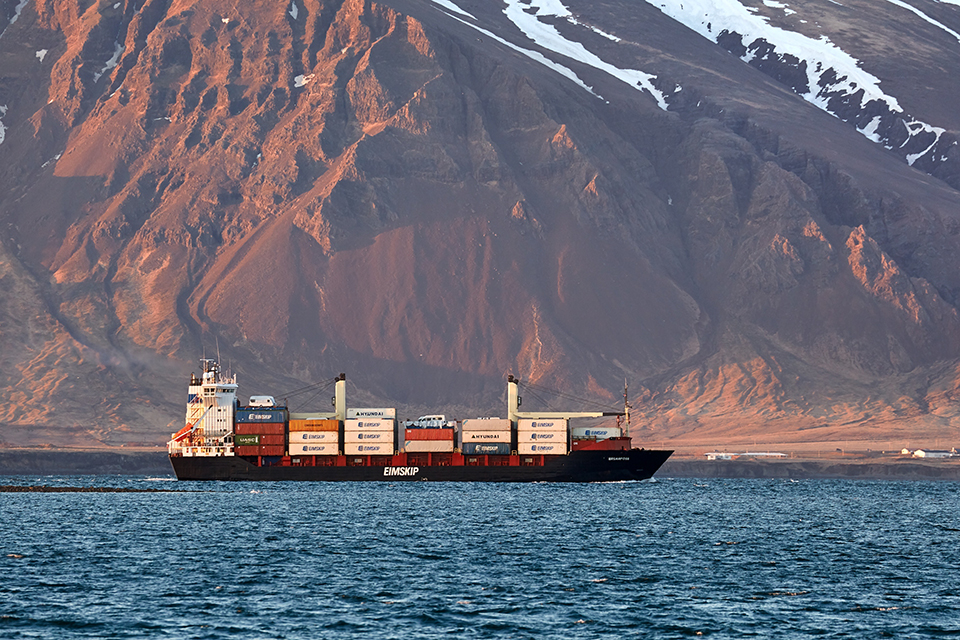
Responsibility
‘They thought we were crazy’: Behind one Faroe Island salmon farmer’s bold stance to reduce its carbon emissions
Hiddenfjord executive’s insistence that “fish should never fly” flies in the face of industry norm. This Faroe Island salmon company intends to do things greener.
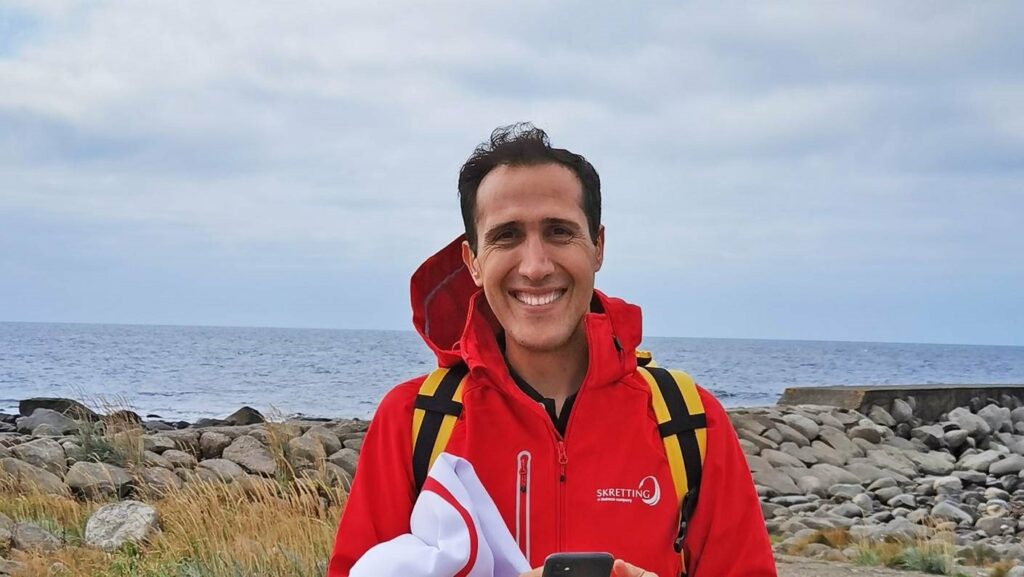
Responsibility
‘Do more and do better’ – Sustainability manager discusses Skretting’s ambitious agenda
Aquafeed giant Skretting recently appointed Jorge Diaz as its sustainability manager to advance its ambitious sustainability agenda.



